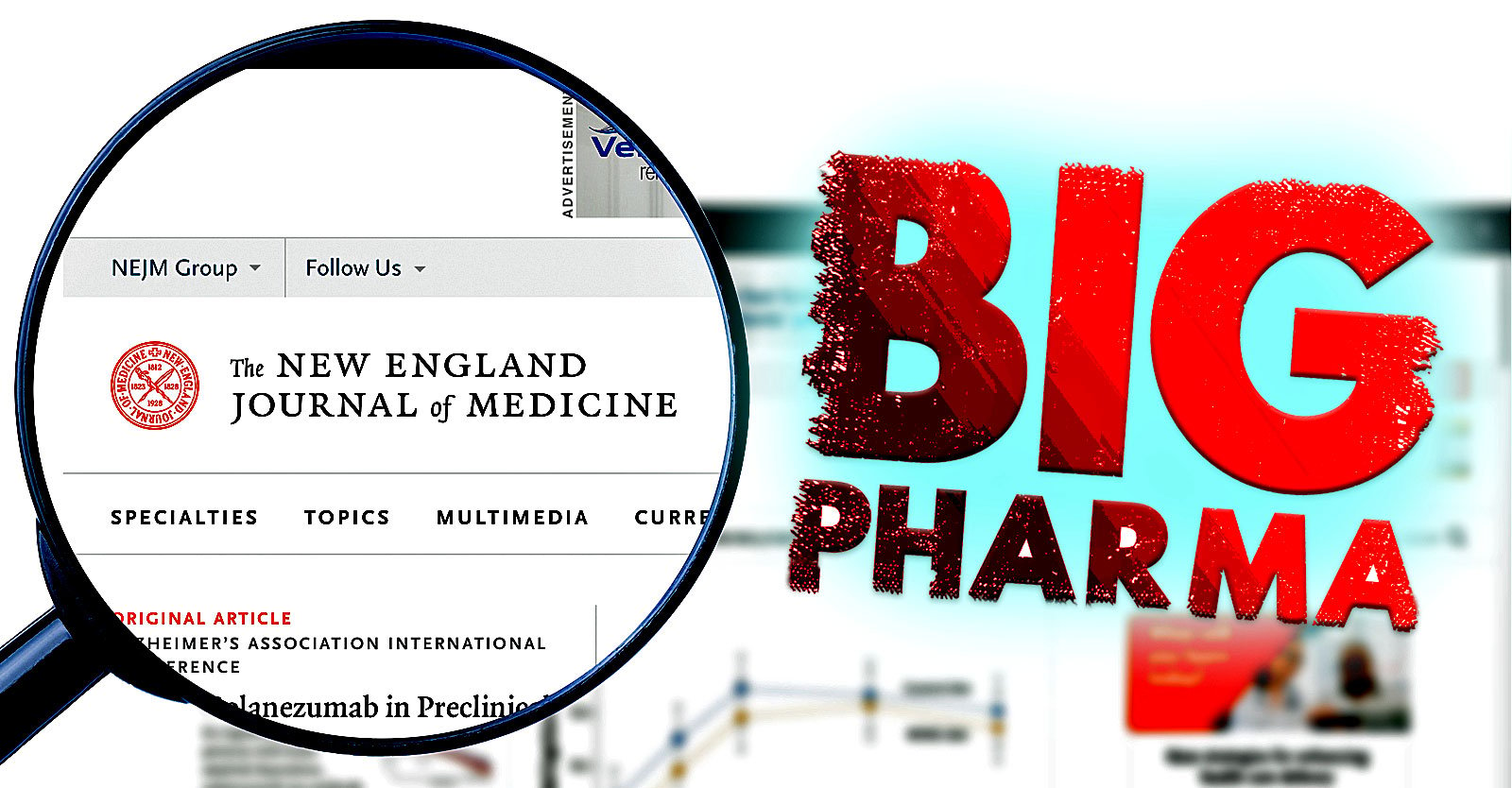Payments to peer reviewers for The BMJ, JAMA, The Lancet and The New England Journal of Medicine included over $1 billion to individuals or their institutions for research and $64.18 million in general payments, including travel and meals.
The pharmaceutical industry paid $1.06 billion to reviewers at top medical journals between 2020 and 2022, according to a research letter published last week in the Journal of the American Medical Association (JAMA).
Payments to peer reviewers for The BMJ, JAMA, The Lancet and The New England Journal of Medicine included $1 billion to individuals or their institutions for research and $64.18 million in general payments, including travel and meals. Consulting fees and speaking compensation accounted for $34.31 million and $11.80 million respectively.
Among the nearly 2,000 physician peer reviewers analyzed, more than half received at least one industry payment between 2020 and 2022.
Although conflicts of interest among journal editors and authors have been investigated, the study authors wrote, any conflicts of interest the peer reviewers may have have been harder to assess.
“The traditionally opaque nature” of peer review has hindered the evaluation of peer reviewers, “despite their crucial role in academic publishing,” the authors wrote.
The typical conflict-of-interest policies most journals have for authors — requiring only that they disclose their conflicts — do not usually apply to peer reviewers, according to the JAMA study.
Journal editors may inquire about those conflicts, but they rarely publicly disclose them — even though many reviewers for top journals may have industry ties “due to their academic expertise,” the authors wrote.
Karl Jablonowski, Ph.D., senior research scientist at Children’s Health Defense, told The Defender the news the scientific process is compromised when reviewers are beholden to Big Pharma, rather than to the scientific community.
“No conflicting or competing interests should be anywhere near the publication process,” he said, adding:
“Science is a community. We need each other to modify and change ideas into better ideas, to critique, to better ourselves, otherwise we do not progress. A scientific publication is how scientists communicate with each other. It is the one thing that is sacrosanct, that is too valuable and too important to be meddled with.
“As scientists, our fundamental duty is to the community. That includes ensuring that our one time-honored method for communicating ideas with each other is free and clear of conflicting interests.”
Dr. Adriane Fugh-Berman, director of PharmedOut, a Georgetown University Medical Center project that educates medical professionals about industry marketing practices, told MedPage Today that pharmaceutical companies are the largest purchasers of preprint articles and that they advertise heavily in journals, which “affects what gets published.”
“Obviously, pharma-critical articles are going to be published less often in journals supported by pharmaceutical companies, whose medical editors are supported by pharmaceutical companies, and whose peer reviewers are supported by pharmaceutical companies,” she said.
The study authors identified reviewers based on 2022 reviewer lists for each journal. They searched the Centers for Medicare & Medicaid Services Open Payments database for payments made to reviewers.
Drugmakers are required to report payments to physicians to the database, which was established by legislators in 2013 to address growing public concerns about Big Pharma’s influence over doctors.
The authors of the JAMA research letter limited their analysis to U.S.-based physicians, as those are the only ones listed on Open Payments. Of 7,021 reviewer names, 1,962 were practicing physicians and therefore searchable. Of those, 145 had performed peer reviews for more than one journal.
Overall, the authors found that 1,155 of the reviewers included in their study received industry payments between 2020 and 2022, with most payments made to physicians and their institutions to finance research.
More than half of the reviewers accepted payments for travel, speaking and consulting. Those direct, non-research-related payments had a median value of $7,614.
The authors said the study may have underestimated industry payments because it excluded non-U.S.-based physicians and reviewers who are not practicing physicians. It didn’t account for payments from other entities that may present conflicts of interest, including insurance and technology companies.
“Additional research and transparency regarding industry payments in the peer review process are needed,” the researchers concluded.
Disclaimer: We at Prepare for Change (PFC) bring you information that is not offered by the mainstream news, and therefore may seem controversial. The opinions, views, statements, and/or information we present are not necessarily promoted, endorsed, espoused, or agreed to by Prepare for Change, its leadership Council, members, those who work with PFC, or those who read its content. However, they are hopefully provocative. Please use discernment! Use logical thinking, your own intuition and your own connection with Source, Spirit and Natural Laws to help you determine what is true and what is not. By sharing information and seeding dialogue, it is our goal to raise consciousness and awareness of higher truths to free us from enslavement of the matrix in this material realm.
 EN
EN FR
FR




























October 19 2024
Breaking News ! – The New Blueprint for Humanity. !
The Antidote for Covid & "ALL" Viruses is " Pure Nicotine on Patches "
Please Share Far & Wide and Save Lives !!!
https://thi-show.com/2024-10-10-thi-show-the-blueprint-show-episode-32/
Vaccine Injury King Trump Digital ID Covid Pass, Opens Door To DNA Test Identifying & Exterminating All Non Jews
https://rumble.com/v5h1kmc-trump-digital-id-covid-pass-open-door-to-dna-test-identifying-the-enemy-ext.html